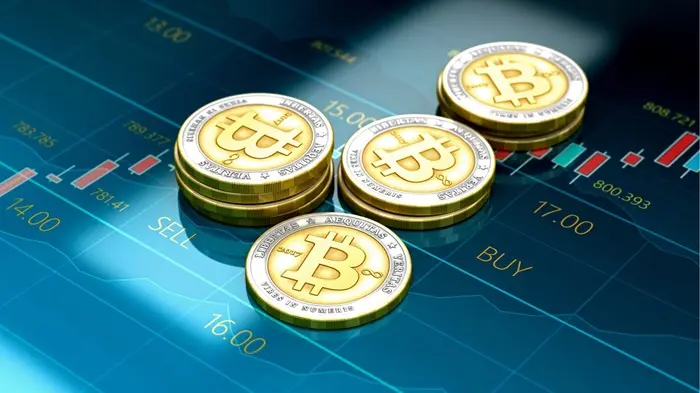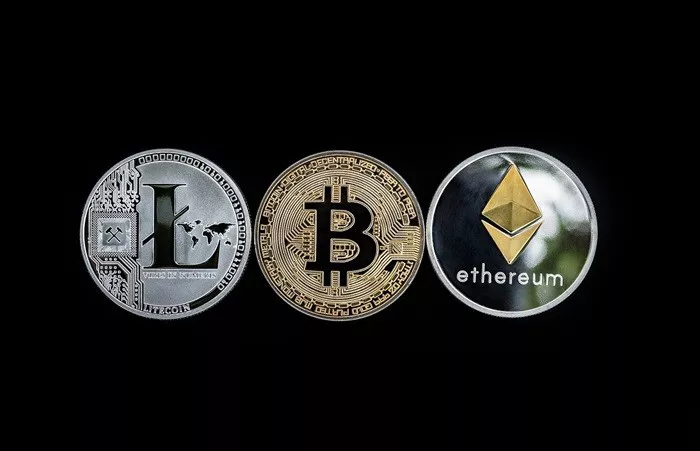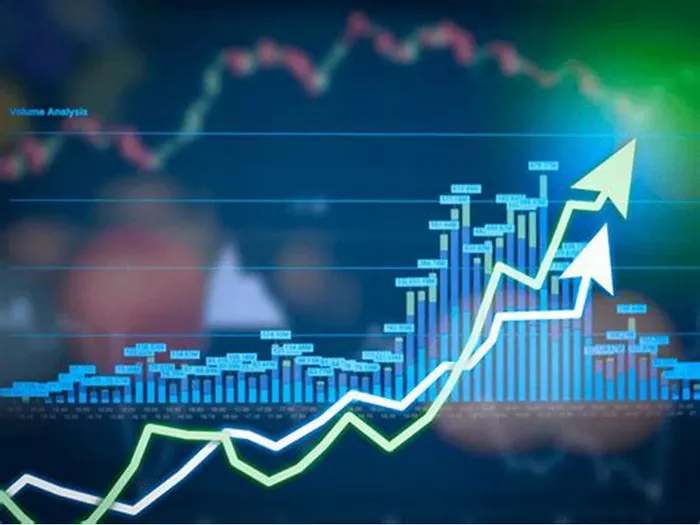The major banks are offering updated views on how their clients are faring amid President Trump’s tariff turmoil, and at least for now, it’s not all bad.
“The sky is not falling, actually,” HSBC analyst Saul Martinez told Yahoo Finance on Tuesday.
The five largest U.S. banks reported higher first-quarter profits and revenues over the past week, in part because trading businesses benefited from market volatility triggered by Trump’s initial tariff rollout in February and March.
JPMorgan Chase (JPM), Bank of America (BAC), Citigroup (C), Morgan Stanley (MS) and Goldman Sachs (GS) posted combined net profits of $35 billion, up 13% from a year ago. Revenues at the banks also rose. Trading revenue alone was up 17% to more than $36 billion.
Many banks said their consumer customers are still spending, defaults are under control and businesses are not struggling despite uncertainty over the coming months. None of the institutions with big Wall Street operations updated their earnings forecasts for the rest of the year.
However, those results don’t cover the turbulent period following Trump’s April 2 “Liberation Day” tariff announcement, which came two days after the quarter ended. Stock and bond markets plunged and have yet to fully recover, creating new uncertainty about the economy and the safety of U.S. assets.
“We have been surprised by the continued strength of the Big Five banks overall … and the greater-than-expected optimism,” Wells Fargo analyst Mike Mayo said in a Tuesday note.
“To us, the events since April 2 are likely to be little more than a speed bump, provided policy can pick up the pace and help alleviate much of the uncertainty,” he added, referring to the Trump administration’s pledge to deregulate the banking sector.
Banks and their executives aren’t entirely optimistic. Goldman Sachs CEO David Solomon said the odds of a recession “have increased somewhat.” JPMorgan Chase CEO Jamie Dimon said the economy faces “considerable turbulence” and a recession is a “likely outcome.”
In that scenario, he added, “earnings wouldn’t be great and stock prices would be lower.”
But many bankers are noticeably more optimistic. The word “recession” didn’t come up once during Citigroup’s earnings call with analysts on Tuesday. Citigroup CEO Jane Fraser also expressed an optimistic view of the current turmoil.
“When the dust settles and long-standing trade imbalances and other structural changes become a thing of the past, the United States will still be the world’s leading economy,” she said in the bank’s earnings report released on Tuesday.
Bank of America CEO Brian Moynihan made a point of noting on Tuesday that the bank’s research team does not see a recession in 2025.
He added that U.S. consumers continue to “pump money into the economy,” while the bank’s commercial clients “remain profitable, liquid, and perform strongly.”
But Moynihan acknowledged that “no one has a perfect crystal ball,” noting that “there may be changes in the economy we face in the future.”
Some banks even achieved growth in investment banking revenue in the first quarter, bucking a previously expected slowdown. Executives acknowledged that some deals are currently on hold due to uncertainty, but many believe the pullback is temporary rather than long-term.
“I’m talking about a pause, not a cancellation,” Morgan Stanley CEO Ted Peek told analysts of the current investment banking environment. “We don’t know if the economy is going to shrink.”
Even amid the optimism, there are signs that banks are preparing for tougher times. JPMorgan Chase, Bank of America, Citigroup and Wells Fargo (WFC) increased provisions by $8.4 billion to cover future loan losses.
That’s 29% higher than a year ago and 9% higher than the previous quarter.
“We’re still in a cloudy period. It’s going to be volatile and exhausting,” CFRA Research analyst Ken Leon told Yahoo Finance.



































